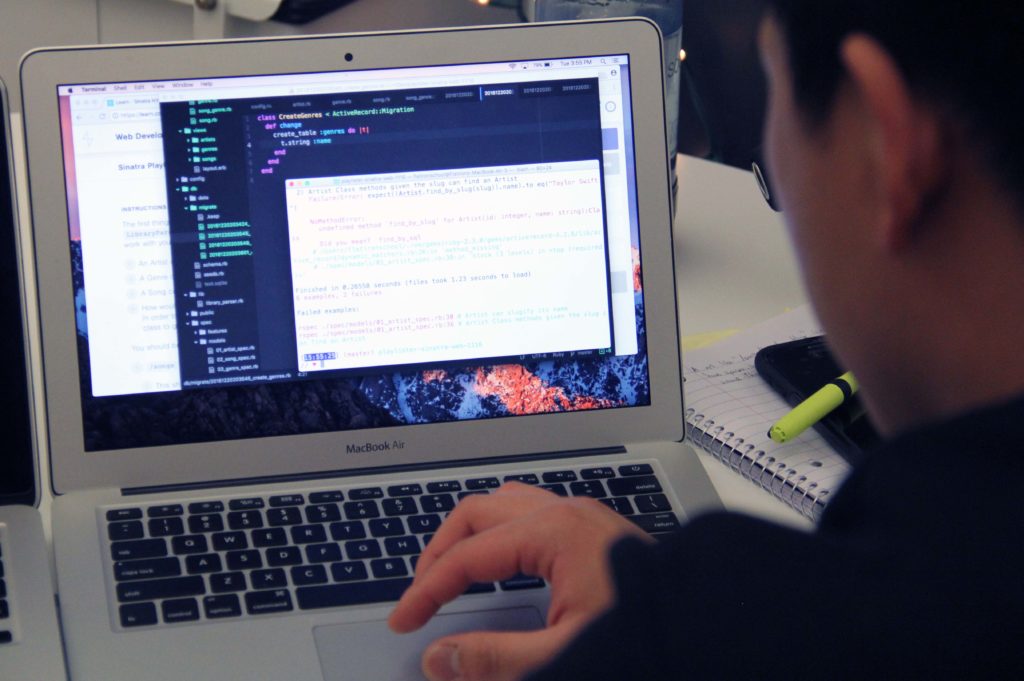A survey conducted by NCERT has revealed shocking statistics regarding students’ access to online education.
- Twenty-seven per cent of the students do not have any access to laptops or even smartphones. They are unable to attend online classes under the circumstance.
- Twenty-eight per cent of students and parents assumed that t interrupted or lack of electricity to be a notable cause of interference in students’ learning process.
- Thirty-six per cent of the scholars utilized the textbooks and additional books accessible to them for studying.
- The second most desirable alternative for the teachers and principals was laptops.
- The least employed devices for studying were televisions and radios.
- Approximately half of the learners declared that they did not possess school textbooks even though there is the availability of e-textbooks on the NCERT website.
Further, some opinion pointed out by the people who took part in the survey pointed out that some causes of hindrance in online education-
- Lack of knowledge of using digital devices for educational purposes
- Teachers not being well-versed with online teaching methodologies
The survey included around 34000 participants including
- Students
- Parents
- Teachers
- School principals from Kendriya Vidyalaya, Navodaya Vidyalaya and CBSE affiliated schools
The maximum number of schools have opted for mobile phones as a medium for educating students during the COVID-19 pandemic, so unavailability of digital devices is a significant concern. Many students, as well as teachers, are not well equipped with the use of digital devices for education; thus, many students are still opting for textbooks or other books available to them. There is a lack of interaction between teachers and students, and this may be the root cause of many problems. Many students stated that school textbooks are not available to them, but NCERT said that it is available in the e-book format on their website. There is a lack of awareness amongst students regarding the availability of textbooks in online platforms.
Talking about all the major concerns now let’s focus on the subjects in which students and teachers both are facing problems.
- Mathematics
Many people pointed out that since mathematics contains many concepts which require continuous interaction, monitoring and support from the teacher, thus it is difficult to teach via an online medium as the online mode of education can’t cover these aspects.
- Science
The science includes several theories, concepts, hypotheses and practical experiments. These are required to be performed in the laboratory under the guidance of a teacher.
- Social science
Many people considered social science to be a difficult subject. They denied the credibility of teaching this subject via online mode.
Around 17 personal computers of students identified languages to be difficult subjects to learn via the online mode.
Many students and parents felt the need for some classes through online mode
- Physical education
Physical education was proposed to be included in the online mode of learning as physical fitness is the need of the hour to fight back this pandemic.
- Arts education
Arts education can help the students to reduce boredom and stress during this pandemic.
Schools, colleges and universities throughout the nation have been shut since March 16. The nationwide shutdown was declared by the GOI to contain the spread of COVID-19 pandemic and ensure student’s safety. After this, a nationwide lockdown was imposed by the government on March 25.
The lockdown has affected the education of the students in a massive way. As the schools continued to be closed, several institutions shifted to the online mode of learning as a way to combat the situation.
The ministry of education has also stipulated specific guidelines for students learning and enhancement. As per the guidelines
It will help children who do not have access to online modes of learning.
Helping students who are facing difficulties and learning through various alternative ways of educating themselves at home.
The guidelines are stipulated for three types of situation
- Students who do not have access to digital resources
- Students who have limited access to digital resources
- Students who have access to digital resources









